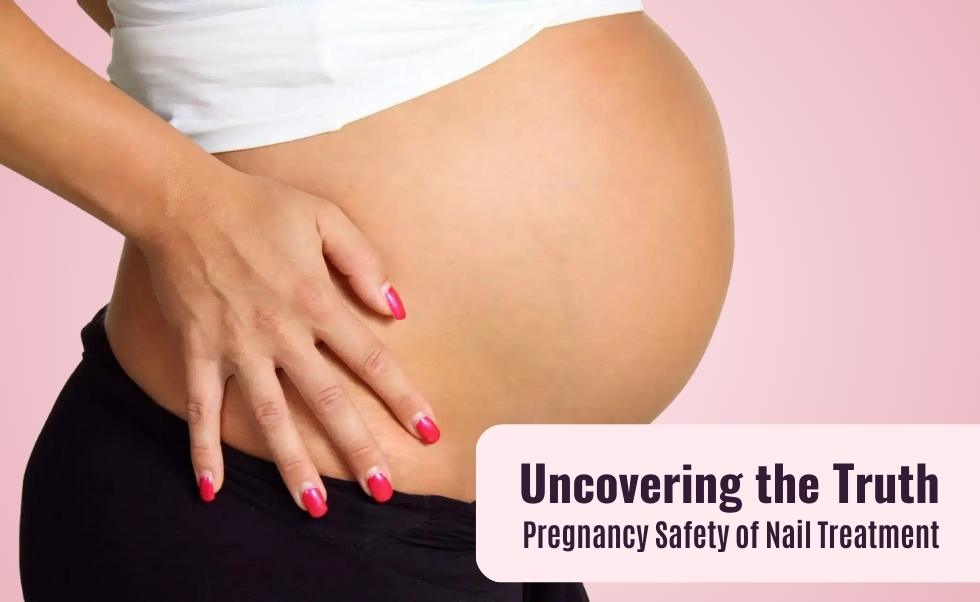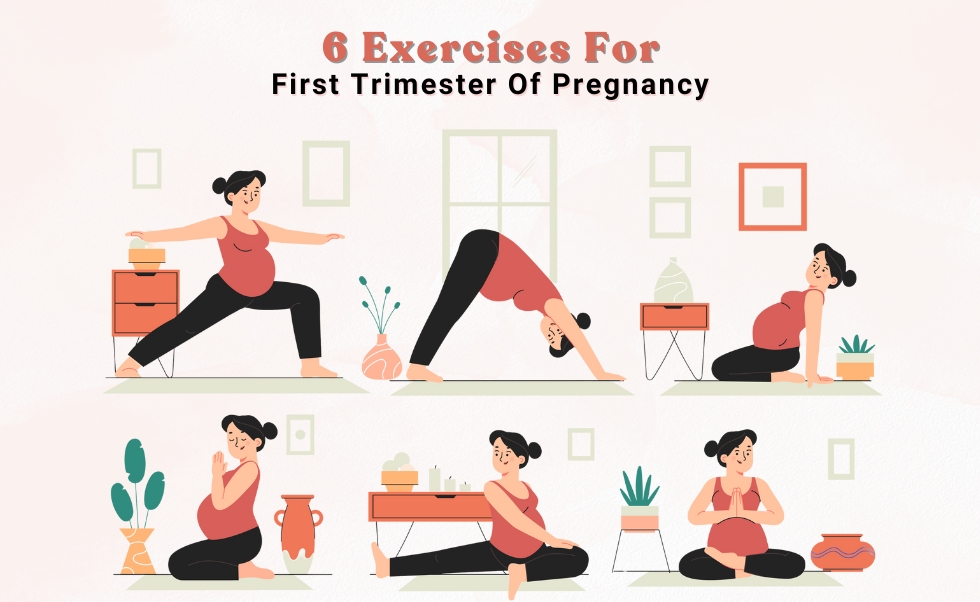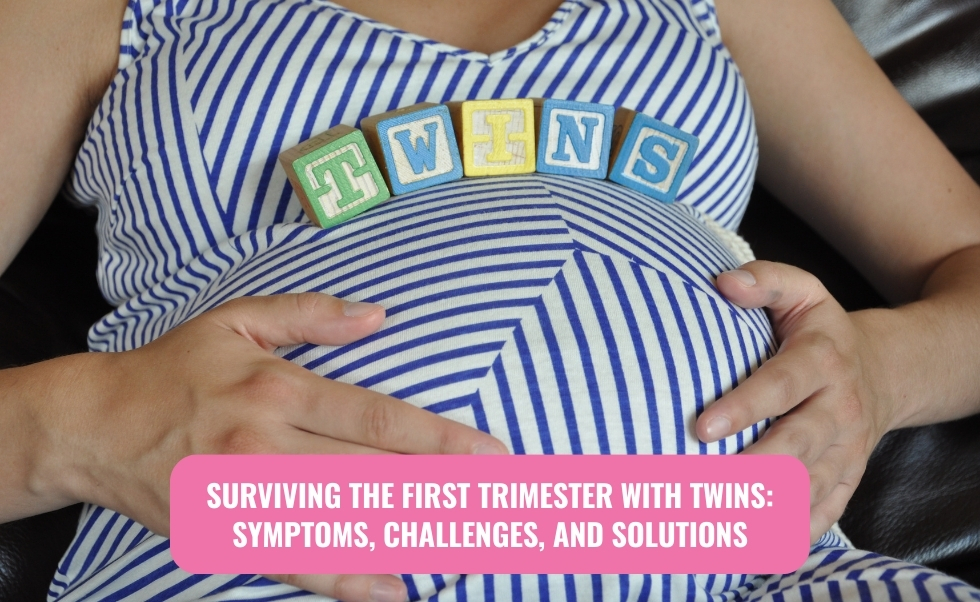Gaining valuable insights into the complex interplay between pregnancy and mental well-being.
Pregnancy is a beautiful journey, but it can also bring about significant changes, both physically and emotionally. It’s essential to recognise that mental health plays a crucial role in this transformative process. Therefore, we have compiled some valuable information and tips to support you through this remarkable phase of your life.
The Importance of Mental Health During Pregnancy
1. Emotional Rollercoaster: Pregnancy can trigger a range of emotions, from joy and excitement to anxiety and fear. It’s normal to experience mood swings, but persistent feelings of sadness or anxiety should not be ignored.
2. Hormonal Changes: Fluctuating hormones during pregnancy can impact mood and emotional well-being. Understanding these changes can help you navigate the emotional ups and downs more effectively.
3. Relationship Dynamics: Pregnancy can put strain on relationships, whether with your partner, family, or friends. Open communication and mutual support are vital for maintaining healthy relationships during this time.
4. Past Trauma: For some women, pregnancy may unearth past traumas or unresolved issues. Seeking professional support to address these concerns can promote healing and ensure a more positive pregnancy experience.
Tips for Maintaining Mental Well-being During Pregnancy
1. Priorities Self-care: Make time for activities that bring you joy and relaxation. Whether it’s reading a book, taking a warm bath, or practicing mindfulness, self-care is essential for maintaining mental well-being.
2. Stay Active: Engaging in regular physical activity can boost mood and reduce stress levels. Even gentle exercises like walking or prenatal yoga can have significant benefits for both your physical and mental health.
3. Seek Support: Don’t hesitate to reach out to your healthcare provider or a perinatal psychologist if you’re struggling emotionally. Support groups for expectant mothers can also provide a sense of community and understanding.
4. Communicate: Share your thoughts and feelings with your partner, family members, or friends. Talking openly about your experiences can help alleviate feelings of isolation and provide valuable support.
5. Educate Yourself: Knowledge is empowering. Take the time to learn about pregnancy, childbirth, and postpartum care. Understanding what to expect can help alleviate anxiety and build confidence in your ability to navigate this journey.
Addressing Postpartum Mental Health
1. Be Prepared: Recognize that the postpartum period can be challenging, both physically and emotionally. Be proactive in seeking support and resources to help you cope with the transition to motherhood.
2. Watch for Warning Signs: Keep an eye out for symptoms of postpartum depression or anxiety, such as persistent sadness, irritability, or difficulty bonding with your baby. Early intervention is key to effective treatment.
3. Reach Out: Don’t hesitate to reach out for help if you’re struggling. Your healthcare provider, a perinatal psychologist, or support groups can offer guidance and support tailored to your needs.
4. Remember, You’re Not Alone: Many women experience postpartum mental health challenges, and there is no shame in seeking help. Remember that prioritising your mental well-being is essential for both you and your baby.
As a community, we are committed to supporting you through every stage of your pregnancy journey. Remember that your mental health matters, and seeking help is a sign of strength, not weakness. Together, we can ensure that you have the support and resources you need to embrace motherhood with confidence and joy.
We aim to provide valuable insights and practical tips for expectant and new mothers, drawing from your extensive experience as a perinatal psychologist/psychiatrist in a maternity clinic.








Wonderful read on women’s mental health. Thanks for sharing